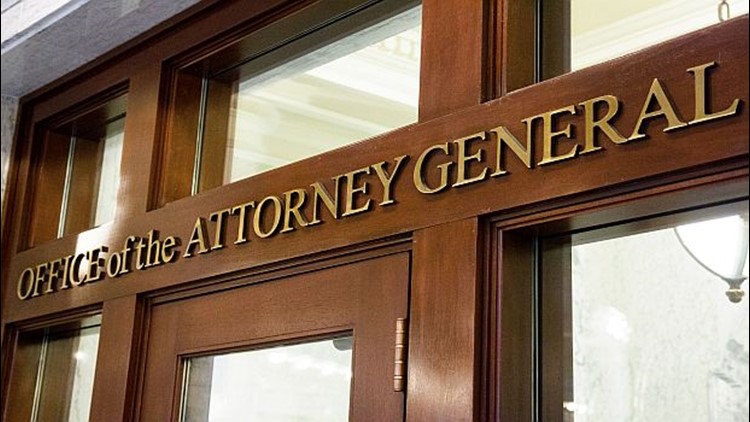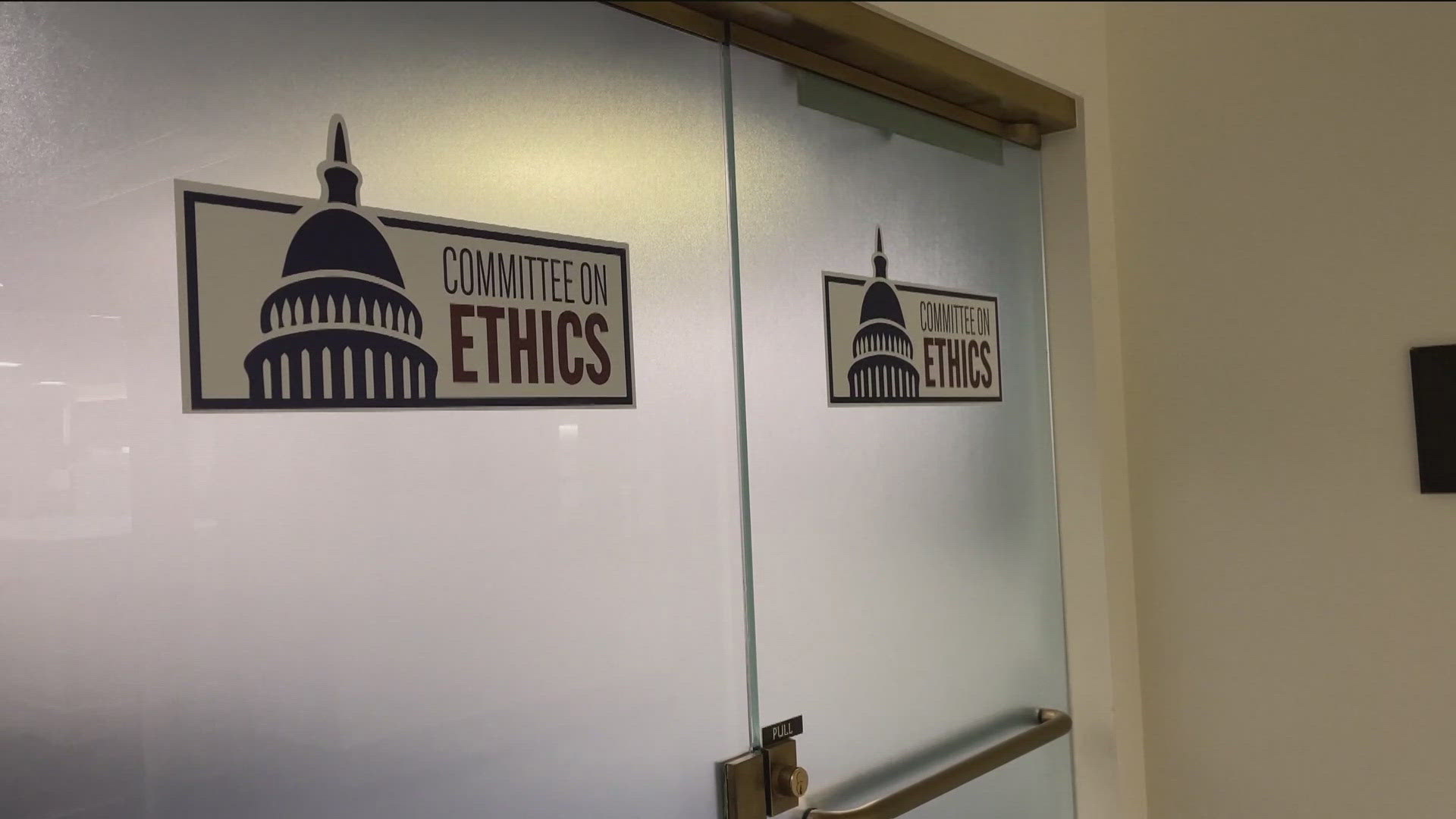BOISE, Idaho — Idaho Attorney General Lawrence Wasden on Friday announced his objections to use of federal funds for establishing a Disinformation Governance Board at the Department of Homeland Security (DHS).
Wasden sent a letter to DHS Secretary Alejandro Mayorkas, citing a "lack of clarity" and "First Amendment issues" regarding the Disinformation Governance Board, which was introduced last week.
“Our nation’s solution to discord is not to terminate debate, but rather facilitate it,” Wasden wrote. “The citizens of the State of Idaho ask you to cease all activity related to the formation of this unclear, intrusive, and likely unconstitutional extension of the Federal Government.”
Republican members of the U.S. Congress have called for the board to be disbanded. On Tuesday, Sen. Tom Cotton (R-Arkansas) introduced a bill to prohibit the establishment of the board.
U.S. Senators Jim Risch and Mike Crapo of Idaho are among co-sponsors of the legislation against the Disinformation Governance Board. It also bars the DHS from using federal funds for establishing or supporting "any other similar entity."
"The Biden Administration wants a government agency dedicated to cracking down on what its subjects can say, an idea popular with Orwellian governments everywhere," Cotton said, referring to the George Orwell science fiction novel, 1984, which was published in 1949.
A news release from the Dept. of Homeland Security states the department is charged with safeguarding the nation against threats to its security, "including threats exacerbated by disinformation." Disinformation refers to the deliberate spread of false information.
"In fact, the Disinformation Governance Board is an internal working group that was established with the explicit goal of ensuring these protections are appropriately incorporated across DHS’s disinformation-related work and that rigorous safeguards are in place. The working group also seeks to coordinate the Department’s engagements on this subject with other federal agencies and a diverse range of external stakeholders. The working group does not have any operational authority or capability," the DHS states in its release.
Wasden said his letter supports Americans' ability to speak freely without the federal government considering their speech as "disfavored."
The Attorney General's letter was also sent to Idaho's congressional delegation and members of the state legislature, in addition to the DHS secretary.
The DHS said, "the reaction to this working group has prompted DHS to assess what steps we should take to build the trust needed for the Department to be effective in this space." Steps include releasing to Congress "comprehensive" quarterly reports about the working group's activities.
The DHS statement also mentions examples of anti-disinformation efforts over the past decade, including its "Say No to the Coyote" campaign, making it clear that entering the U.S. illegally is a crime; FEMA's correction after Hurricane Sandy in 2012 regarding the safety of drinking water and location of shelter; and continuing work with private-sector stakeholders to mitigate the risk of disinformation to U.S. critical infrastructure, "work that has continued in light of Russia’s invasion of Ukraine."
"At Secretary Mayorkas's request, DHS is exploring additional ways to enhance the public's trust in this important work," the DHS statement says.
On Tuesday, Crapo said forming the Disinformation Governance Board is "an unconstitutional waste of taxpayer dollars and a threat to free speech."
Risch doubled-down on Idaho leaders' disapproval of the board, saying, "the real threat to our democracy is giving unelected bureaucrats the power to chill free speech."
Watch more Idaho politics:
See all of our latest political coverage in our YouTube playlist:



